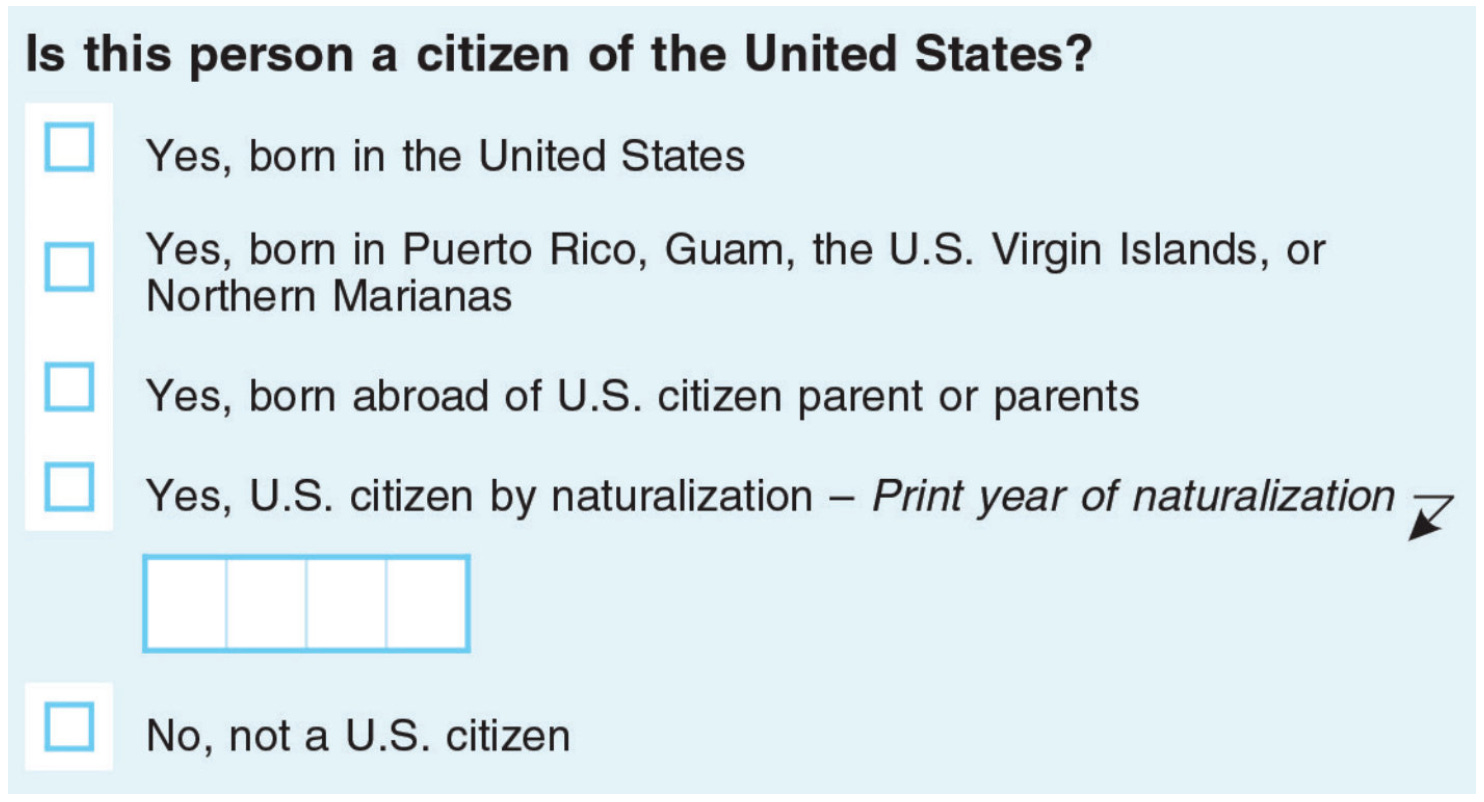Another Trump gift that keeps on giving
Published February 18, 2021
Municipal elections in a host of N.C. cities probably will be pushed back several months, thanks to an … unconventional … gesture by former President Trump.
Trump wanted the 2020 census, for the first time in U.S. history, to include a question about the citizenship status of everyone in the survey. Trump and those around him started considering the prospect before the 2016 election.
Trump officials said they wanted the information to make sure the Voting Rights Act’s one person, one vote standard was upheld. But reporting from NPR, backed by emails obtained from lawsuits challenging the administration’s efforts, revealed something worse on both legal and policy grounds: The Trump White House wanted the 2020 congressional maps to exclude illegal immigrants and other non-citizens.
Legally, this is a nonstarter. In June 2019, the Supreme Court ruled that Trump couldn’t include a question on citizenship status on census forms. Just before the president left office, the Supreme Court refused to rule on a separate request to exclude illegal immigrants from the counts for apportionment of congressional seats; a 6-3 majority didn’t rule, saying the administration wasn’t clear how it would exclude some people from the count. (The Biden administration won’t pursue this lawsuit, so the issue’s moot.)

Citizenship question proposed by Commerce Secretary Wilbur Ross
The upshot: Census data for federal and state redistricting, which were supposed to be available April 1, won’t be out until Sept. 30, if then. Census results for congressional reapportionment (determining whether, as expected, North Carolina gains a 14th congressional district), were pushed back from Dec. 31, 2020, to April 30.
N.C. cities with district-based councils or commissions almost certainly won’t be able to have elections in October, as scheduled. Unless cities use creative projections of questionable legality, there won’t be time to draw new district lines, allowing candidates to file and campaign.
The National Conference of State Legislatures reported in January the census delay will cause headaches across the country, since some states have constitutions or laws including a deadline for redistricting maps that can’t be met.
Gerry Cohen, a member of the Wake County Board of Elections and the General Assembly’s longtime knower of all things about legislation and redistricting, suggested the earliest date for these elections would be March 8, 2022, the primary election date for legislative, congressional, and other races. But he’s not sure the info will be ready by then.
On one hand, holding municipal elections at the same time people are voting for members of Congress, the General Assembly, judges, county commissions, and school boards is a healthy development. Turnout should be higher than it is in elections during odd-numbered years. Voters should be more engaged.
It’s not apples-to-apples — people who live in unincorporated areas aren’t eligible to vote in city elections — but statewide turnout for the October 2019 municipal elections was less than 13%. For last November’s presidential election, it was 75%.
Still, the process that got us here is noxious. The Trump administration wanted to exclude people who live here from being counted.
That would be unconstitutional. Ilya Somin, a professor at the Scalia Law School at George Mason University, says “Article I Section 2 of the Constitution requires Congress to make ‘an actual enumeration’ of the population every 10 years, for purposes of apportioning representation in the House of Representatives.”*
Congress can write laws deciding how to conduct the count. But it can’t, Somin says, include questions “likely to reduce the accuracy of the count.”
Using the census to ask about citizenship status would do just that. Again, from NPR:
“The bureau's research indicates that a citizenship question is highly likely to scare households with non-citizens, including unauthorized immigrants, from participating in [the] constitutionally mandated count of every person living in the United States.”
A three-judge panel of the D.C. Circuit Court of Appeals said as much in a 1980 lawsuit brought by the Federations for American Immigration Reform seeking to exclude illegal immigrants from the census.
"The language of the Constitution is not ambiguous," the judges wrote. "It requires the counting of the 'whole number of persons' for apportionment purposes, and while illegal aliens were not a component of the population at the time the Constitution was adopted, they are clearly 'persons.' "
Congress could, of course, ask about citizen status in other ways, Somin says. Just not as part of the census.
An inaccurate census would be lousy policy as well — aside from the obvious racial and ethnic overtones of the campaign.
To be sure, left-leaning outfits and the Census Bureau want to make sure everybody gets money from Uncle Sam:
“When you respond to the census, you help your community gets its fair share of the more than $675 billion per year in federal funds spent on schools, hospitals, roads, public works and other vital programs.”
But local public services, including fire protection and emergency management, water and sewer systems, and, yes, public schools, often are allocated by population. The better the count, the better the distribution.
Besides, a person may be a non-citizen at census time and become naturalized later.
The lawsuits delayed census reports and pushed back redistricting and reapportionment decisions. Now you know who to thank.







